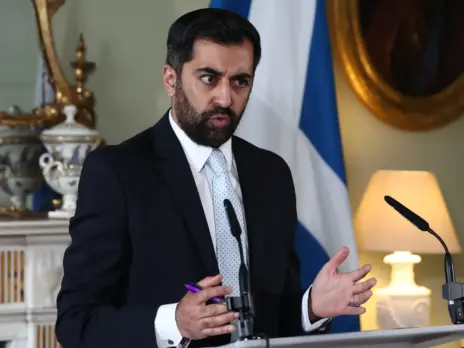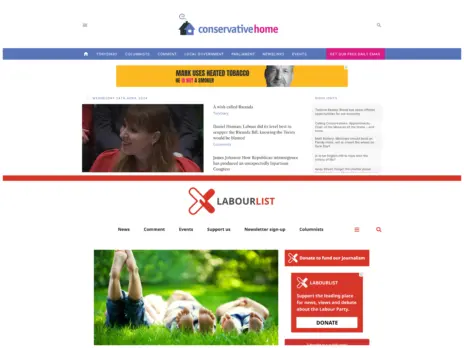A District Judge who banned a Press Association from a Youth Court hearing has admitted that she had no power to do so.
District Judge Julia Newton barred reporter Harriet Line from attending a hearing at Highbury Corner Youth Court on February 24 involving a teenaged girl accused of assault and possessing an offensive weapon.
But the judge admitted that the decision was wrong after the issue was raised by the Press Association, which pointed out that journalists have the right to attend youth court hearings – where all juveniles, whether defendants, victims or witnesses have automatic anonymity – under the terms of section 47 (2) of the Children and Young Persons Act 1933, and suggested that it was prepared to apply for judicial review.
Line was initially told that she would be allowed in to the hearing, but a short time later the Crown Prosecution Service solicitor emerged and told her that while she was correct in saying there was an exception for the press in having access to youth courts, the judge had heard from the defence and decided that in this instance the media would not be allowed in.
District Judge Newton allowed Line into court to make representation, but rejected them, declining to explain her reasons for doing so, although she did say that the defence had given reasons which meant she would not allow media access.
A Judicial Communications spokesman said the judge “admits that in this case there were exceptional circumstances regarding the welfare of the defendant that led the defence to request the press did not attend the hearing. The prosecution made no objection and she agreed to the request.
“In hindsight she realises this was an error and that she had no legal authority to exclude the press and they should have been allowed to attend under section 47 the Children and Young Persons Act 1933.”
Section 47 (2) of the Act, as amended, states:
(2) No person shall be present at any sitting of a youth court] except–
(a) members and officers of the court;
(b) parties to the case before the court, their legal representatives, and witnesses and other persons directly concerned in that case;
(c) bona fide representatives of news gathering or reporting organisations;
(d) such other persons as the court may specially authorise to be present.
The Act allows a youth court discretion about who else it will allow in – but does not allow it to bar attendance of anyone in the categories in (2) (a-c).
The Crown Prosecution Service guidance on reporting restrictions in cases involving children and young people says prosecutors should be familiar with the circumstances where automatic reporting restrictions exist, along with the discretionary powers of the court to restrict reporting and to restrict public attendance at hearings; and draw the court’s attention to these provisions in open court, so the court can make appropriate orders and give advice to the media.
A Crown Prosecution Service spokesman said: “Prosecutors may draw the court’s attention to relevant law in order to assist decision-making on media restrictions.
“While all parties were understandably concerned with the welfare of a vulnerable young defendant, by not challenging a defence application to bar media from the court we do not believe that CPS guidance was correctly applied in this case.”
The guidance Reporting Restrictions in the Criminal Courts, published by the Judicial College, states: “Section 47 of the Children and Young Persons Act 1933 is a statutory exception to the open justice principle which generally bars the public from attending Youth Court proceedings.
“This prohibition does not extend to court members and officers, the parties, their legal representatives and witnesses, or to representatives of the media or to such other persons as the court may specially authorise to be present.”
Email pged@pressgazette.co.uk to point out mistakes, provide story tips or send in a letter for publication on our "Letters Page" blog






